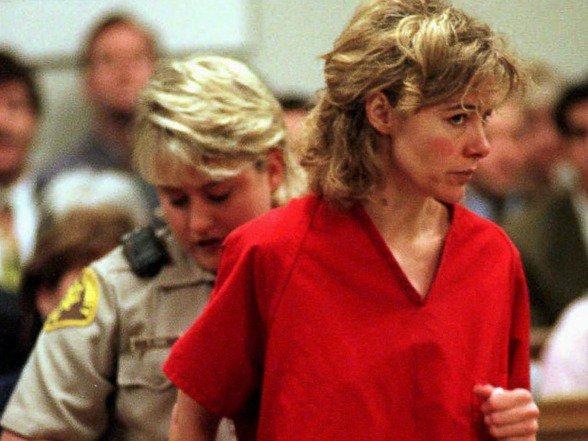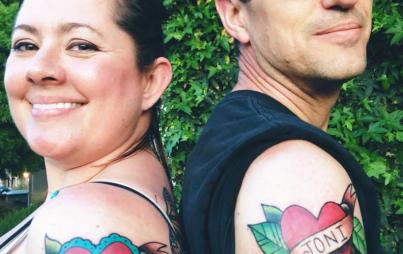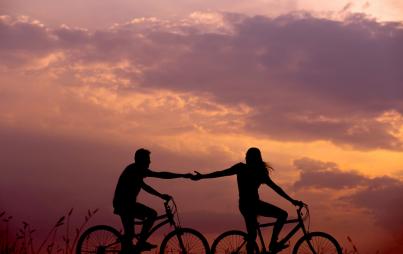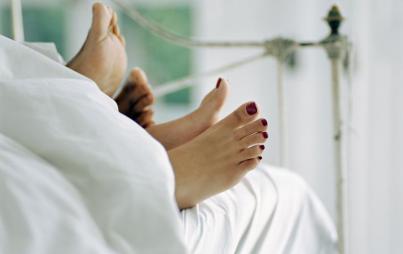
We cannot allow the media to romanticize and downplay child sexual assault. This is not a love story. This is a horrifying story of abuse.
In 1996, teacher Mary Kay LeTourneau repeatedly raped 12-year-old Vili Fualaau, a student in her sixth grade class. Despite conviction of child rape charges, she served only a six-month jail sentence. Although ordered to stay away from her victim, two weeks after her release in 1998, she was caught in the midst of a sexual encounter with him. He was then 14 years old. She was returned to prison for an additional seven years. In 2004, after her release, a judge granted her victim’s request to lift the No Contact Order between the two. They married in 2005.
This past Friday, ABC Television broadcast an interview between Mary Kay, her victim, and Barbara Walters on their news magazine 20/20, romanticizing their scandal and detailing their life after their “affair became public.” Affair? Really ABC? Mary Kay LeTourneau is no lover, and what she was involved in was not an affair. It was child rape.
When I saw the advertisements for this interview, my stomach turned. Surely they wouldn’t be romanticizing child rape during National Child Abuse Prevention Month! Surely Barbara Walters would vilify Mary Kay LeTourneau for the heinous crimes that she committed. But she didn’t; in fact, far from it.
I am disgusted with ABC and Barbara Walters, along with the multitude of other news agencies who have reported on the interview without calling the show producers out for choosing sensationalism over naming the harsh, deplorable crime of child rape. What a way to call attention to the endless lack of awareness in our society of not only the presence of child sexual abuse but the deep and wide damage it does to victims.
I am a survivor of child rape. During most of my adult life I have suffered greatly with the after-effects of the crimes committed against me—depression, Complex Post Traumatic Stress Disorder, multiple psychiatric hospitalizations, repeated rapes as an adult, homelessness, and even a suicide attempt. I was in my forties before I was able to achieve stability.
|
This could have been such an incredible opportunity to talk about the powerful, but horribly dysfunctional, nature of a Trauma Bond that develops between a victim and perpetrator. Instead, it’s seen as a tumultuous affair with a happy ending.
|
My story is not atypical. Now, as a therapist and Trauma Recovery Coach, I work with thousands of survivors whose lives have been thrown into upheaval and devastation by childhood sexual abuse. These men and women are in significant emotional pain. Because of that, they struggle to survive in everyday life. Eighty percent of those in prison were sexually abused as children, and 90% of those with drug and alcohol addictions were sexually abused as children. Almost 50% of those with eating disorders were victims of child sexual abuse. One in four girls and one in six boys are sexually assaulted before their 18th birthday.
Why in the world are we, as a collective society, not up in arms over the horrific story of a sex offender marrying her victim and then raising two children within the midst of that dysfunction? How has it become fuel for gossip and entertainment websites rather than a fierce push for more protection for child victims from people like Mary Kay LeTourneau?
Is it because everything was tied up by the pretty window dressing of a marriage, suburban home, and staged family portraits? Perhaps it’s because the victim seems to be a willing participant in the relationship? Did people miss his recounting of his struggles with depression and substance abuse? When he said he felt he was lucky to still be alive, do people chalk up that suicidal ideation as a side effect of media scrutiny rather than his repeated victimization by a sexual predator? This could have been such an incredible opportunity to talk about the powerful, but horribly dysfunctional, nature of a Trauma Bond that develops between a victim and perpetrator. Instead, it’s seen as a tumultuous affair with a happy ending.
Is our collective refusal to see this as unacceptable due to the fact that the victim is male? Would the reaction be different if the student had been female and the teacher male? I think so. We have a hard time believing a male can be raped, even if he was only 12. The male survivors I work with have the double burden of not only recovering from their abuse but also battling against society’s judgment of their “claim” that they were abused. It’s heartbreaking and I rage with my male clients for the injustice of the way they are treated. We have outlawed double jeopardy with criminals of child rape, but their victims experience twice the fallout from those crimes every single day.
When we allow media to romanticize and downplay child sexual assault, we laugh in the faces of the victims, shoving them farther and farther into the dark corners of society. ABC and Barbara Walters slammed the door in the face of those who have endured child rape, rather than shining a light onto their experiences. We cannot tolerate that. Please don’t stand by and let them label child rape an “affair.”
This story first appeared at The Good Men Project. Like this? Check out The Good Men Project's Premium Membership program.







